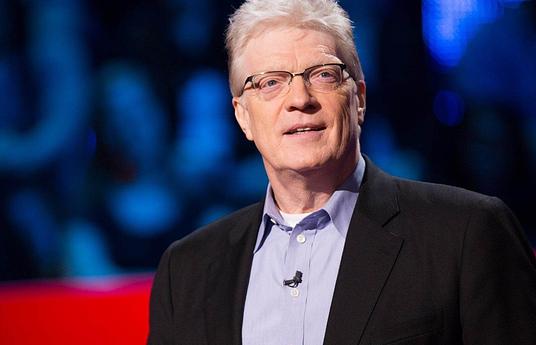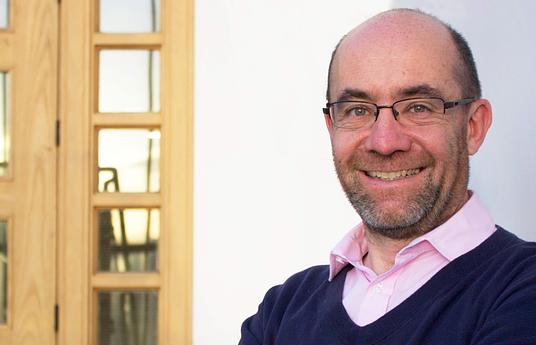Blog
Art History and Creative Writing are just two of the latest A-Levels to be axed from the state curriculum in the UK following the previous education secretary’s proposal to make room for ‘more challenging’ subjects. But why are they more necessary than the axed subjects, and what does this say about the skills being prioritised as necessary for students today?
We are fifteen years into the 21st century, and have started to come to terms with the rapid progression of digital technologies and the effect they are having on our society. It then makes sense for education to change and adapt to this environment, to ensure that students are prepared for the world in which they will graduate into.
From knowledge to skills
With students being able to google answers faster than a teacher can answer them, acquisition of knowledge is becoming less important, shifting the balance of what and how we teach our children. In her interview with Hundred, Jemina Lehmuskoski of Hello Ruby (a story book and app that teaches children the fundamentals of programming), highlighted the importance of shifting the focus of education away from traditional subjects onto the skills that students need to develop: ‘we still focus on teaching subjects, but we should teach more skills that develop ways of thinking. Students should independently problem solve and search for information, because this is a more sustainable skill in the future.’
Talking to HundrED, Lord Jim Knight also made the point that knowledge has been surpassed by skills: ‘As an employer I don’t want people who can recall stuff because I’ve got computers to do that, I want people who can make stuff.’
Of course we need to adapt education to the working environment that children will enter into, an environment in which the importance of knowledge alone is diminishing, and where employers require a completely new set of skills - but how does this translate to getting rid of ‘soft subjects,’ which tend to be subjects in the arts and humanities? Do these subject areas no longer provide the skills that we need in the 21st Century? And how can we possibly assume that when we don’t know what jobs will be available to our children in the future? Sir Ken Robinson queries just that in his interview with us:
‘There is an overemphasis on the view that you can anticipate not only the lives that our kids might lead when they leave school, but the lives they should lead. We express this in the way the curriculum becomes narrowed to what are thought to be more utilitarian subjects. (…) ‘We need more engineers, let’s make that the heart of education (…) We need fewer ballet dancers, let’s not have dance in schools.’ It is as if education is some sort of pipeline for manufactured products.’
Changing approaches
This is where it becomes difficult. If we purely focus on what we think the world needs, rather than focusing on the children themselves and their passions, we end up turning our students into commodities and forget that they are individuals with dreams, hopes and aspirations of their own. Instead of axing subjects that are deemed outdated by governing bodies, couldn’t we update them and make them more relevant, ensuring that children still get to choose which subjects they want to study? Innovations such as this are happening all over in the world, they’re just simply not common practice.
Stephen Heppell, for example, describes one of his schools in Australia where they collaborate across subjects: ‘they merged art and mathematics together to create a collage, abstract art piece – you've got to be able to do linear equations because they generate the lines that divide up the artwork. So to be an artist you've got to be a mathematician and if you're a mathematician you can be an artist.'
Perhaps the focus of education bodies around the world should shift away from which subjects ‘aren’t relevant,’ and towards how we can bring out the skills that each subject encourages to enhance the creativity and independent thinking of children. It is important to remember that we can only guess at what the world will look like for current students today, we cannot know for certain. Even if we could predict the future accurately, who are we to decide what will be relevant to each individual’s future? Let’s give them the skills they need to thrive in any environment – regardless of what we personally think is important and needed – and allow them the freedom of choice so that they can independently discover their own talents and choose their own course.




